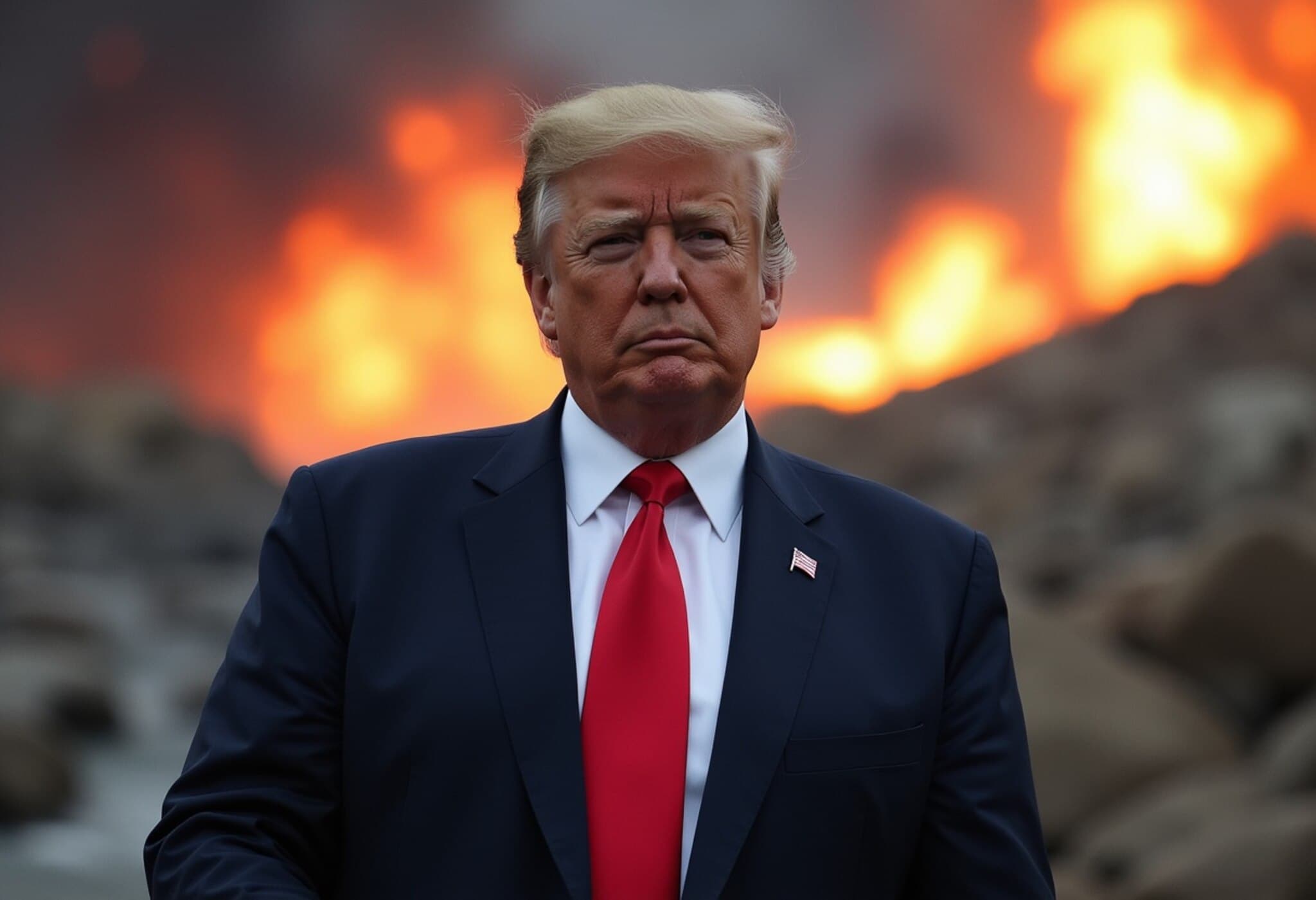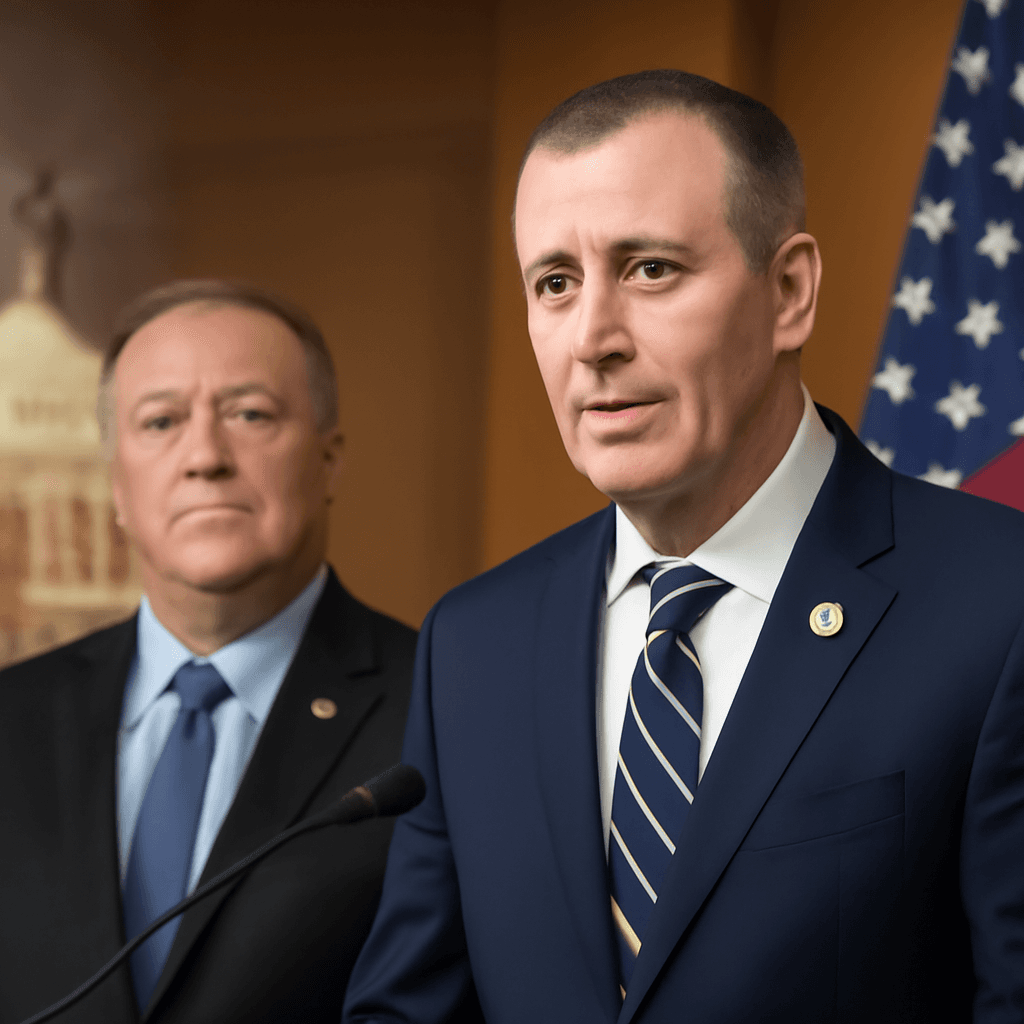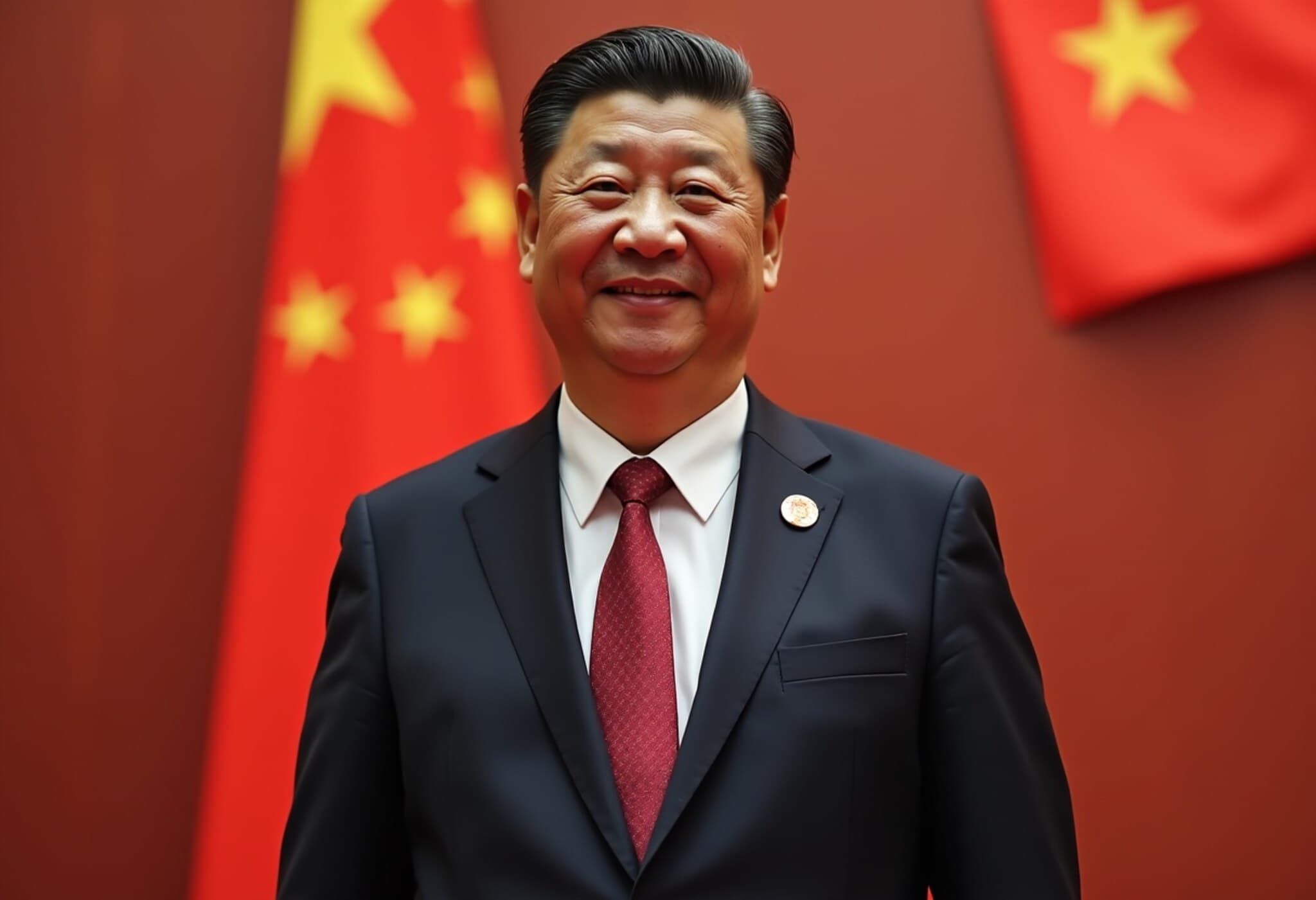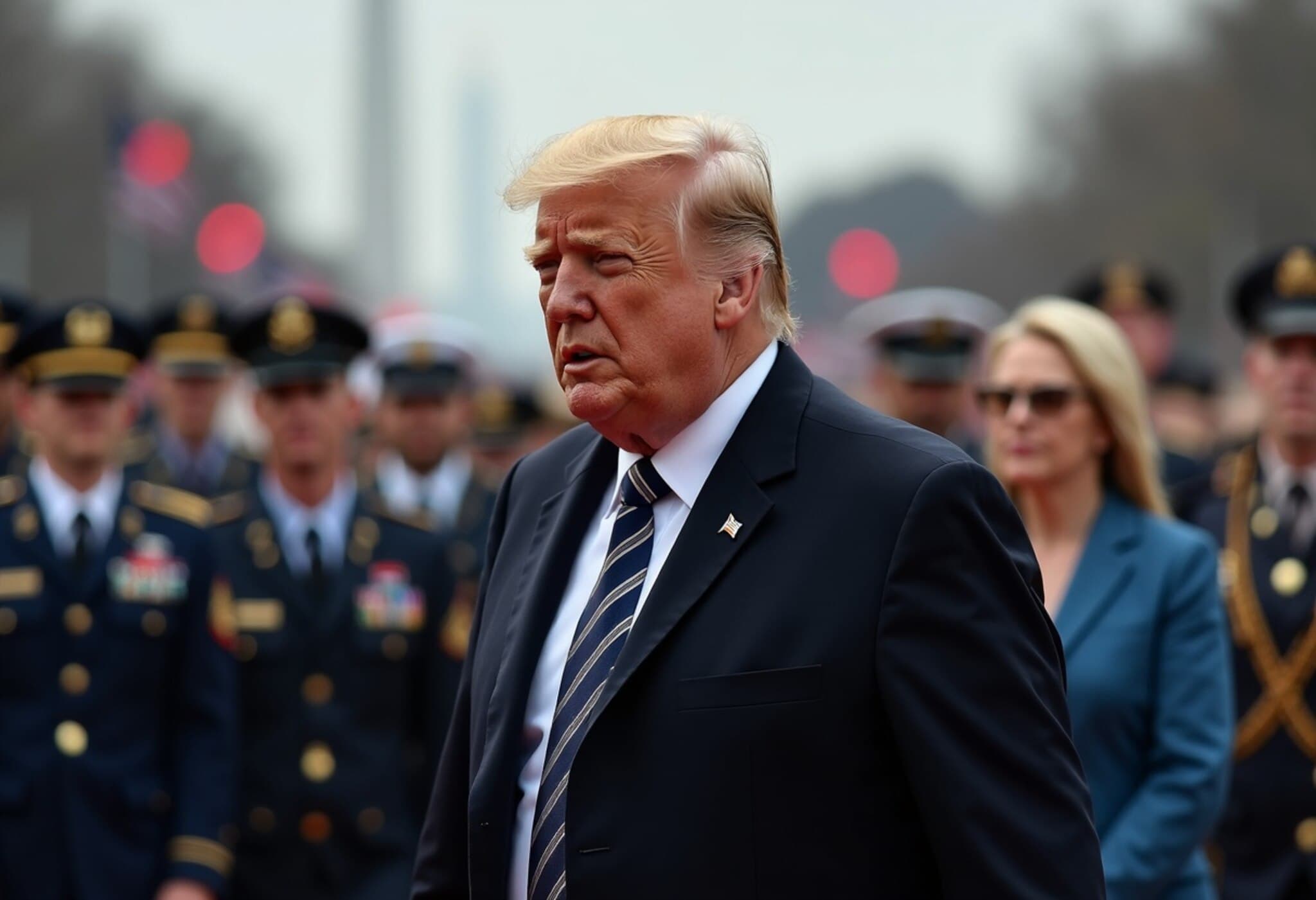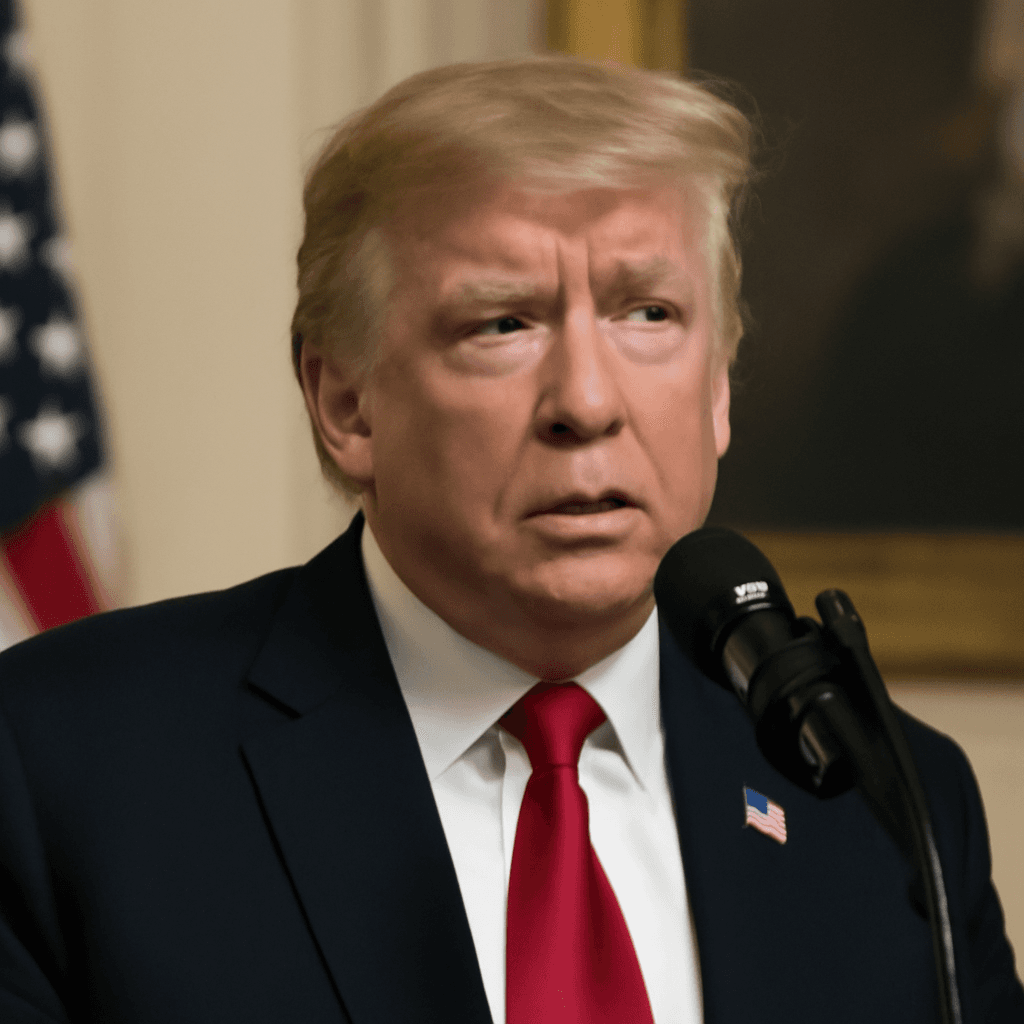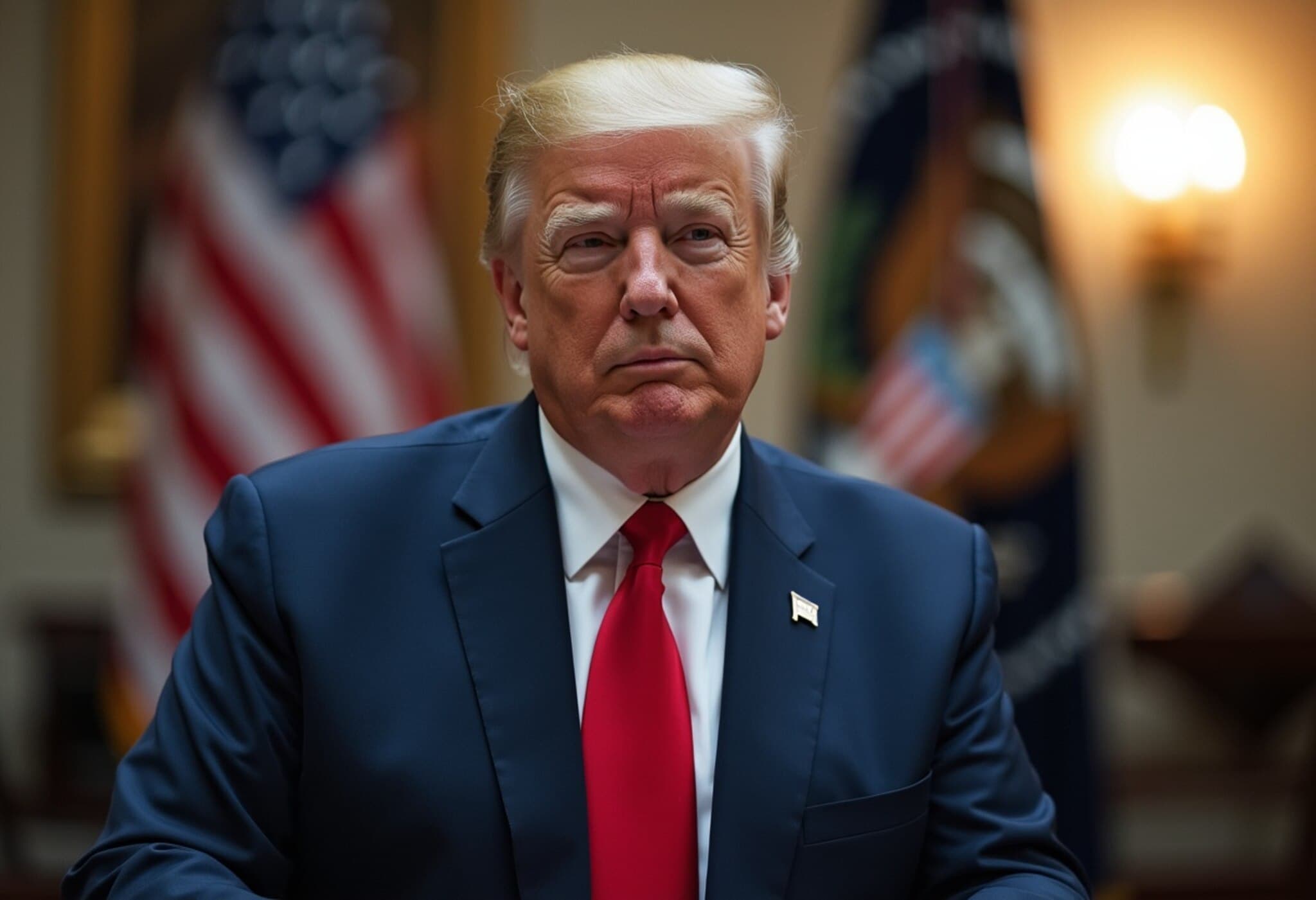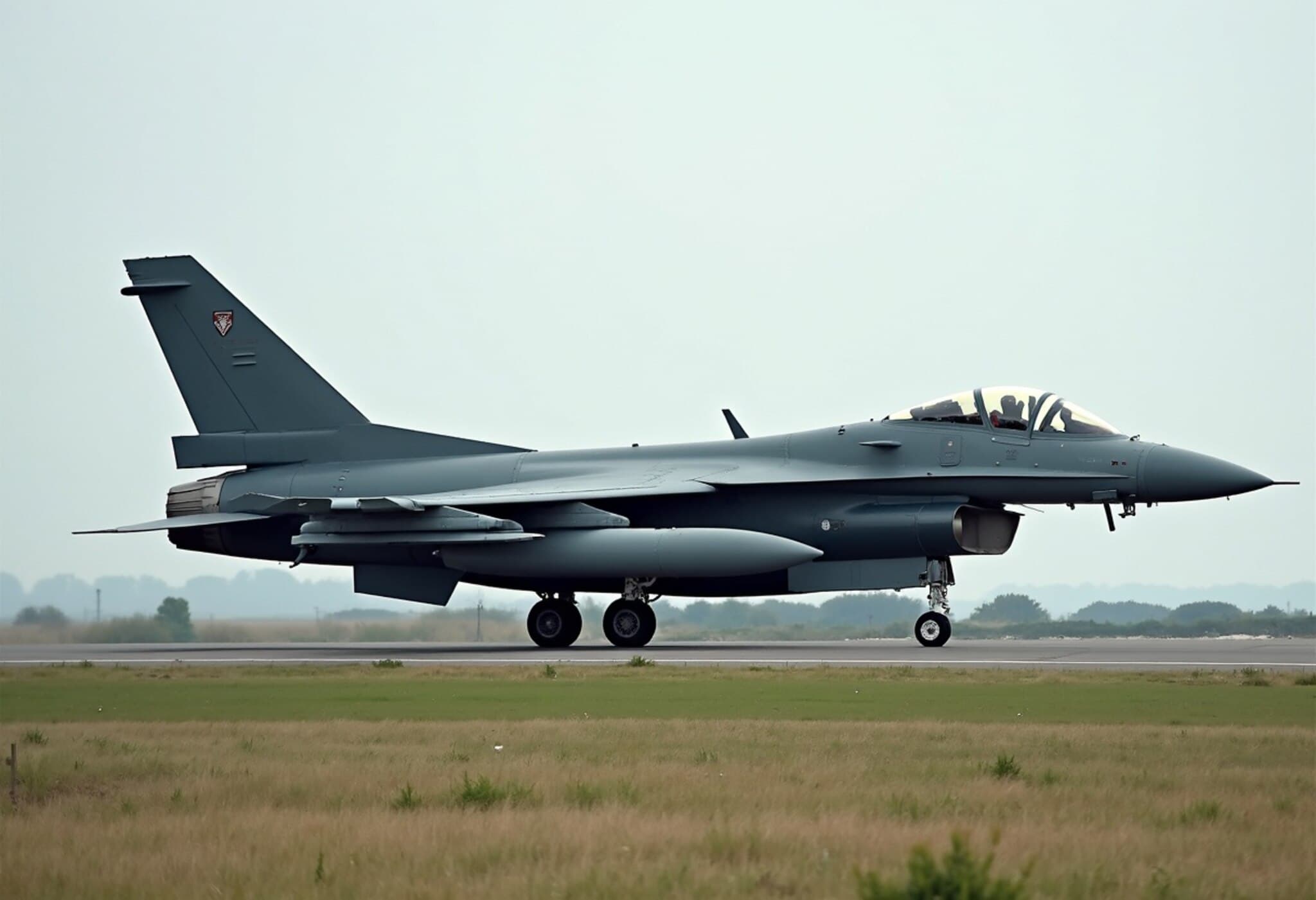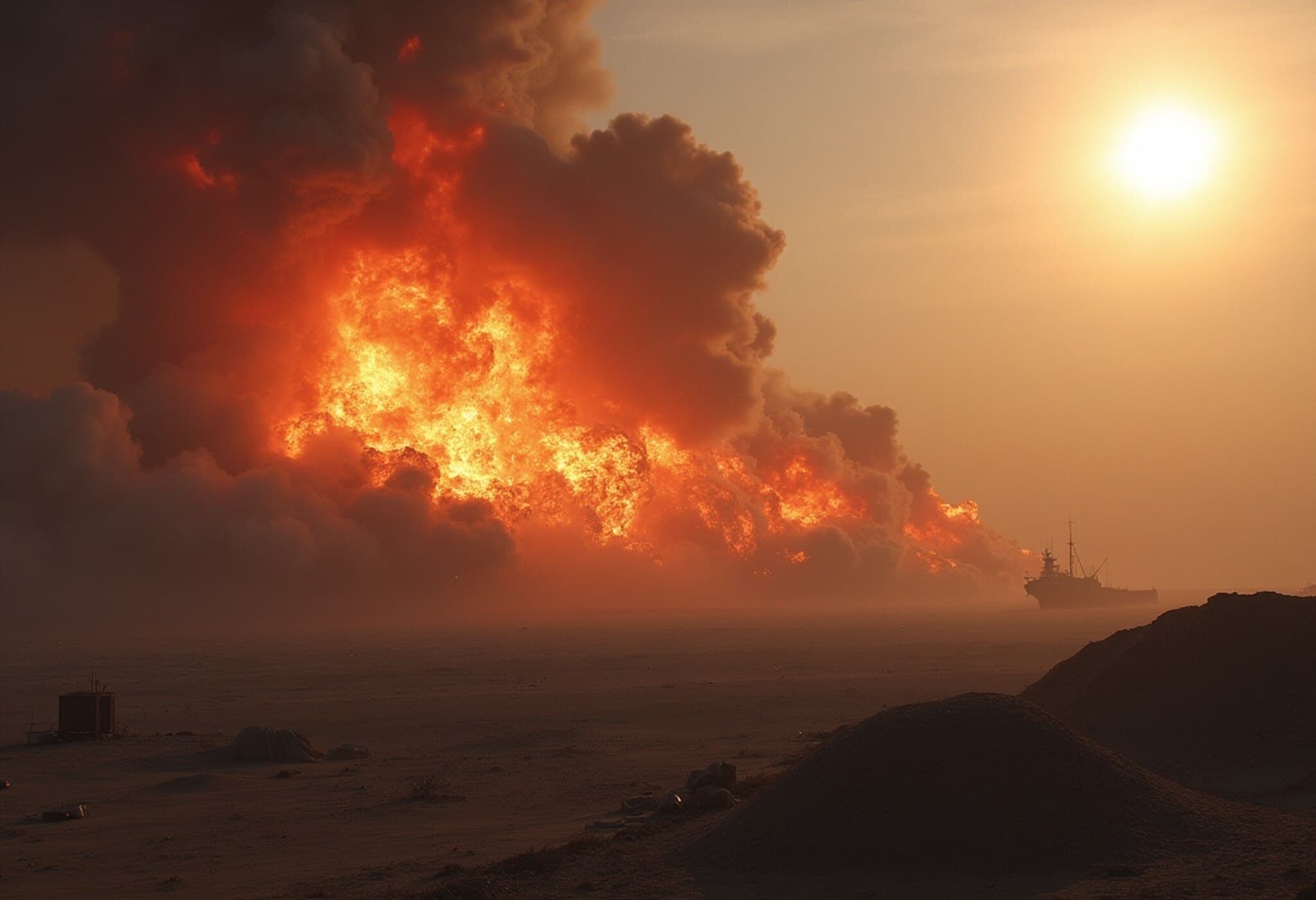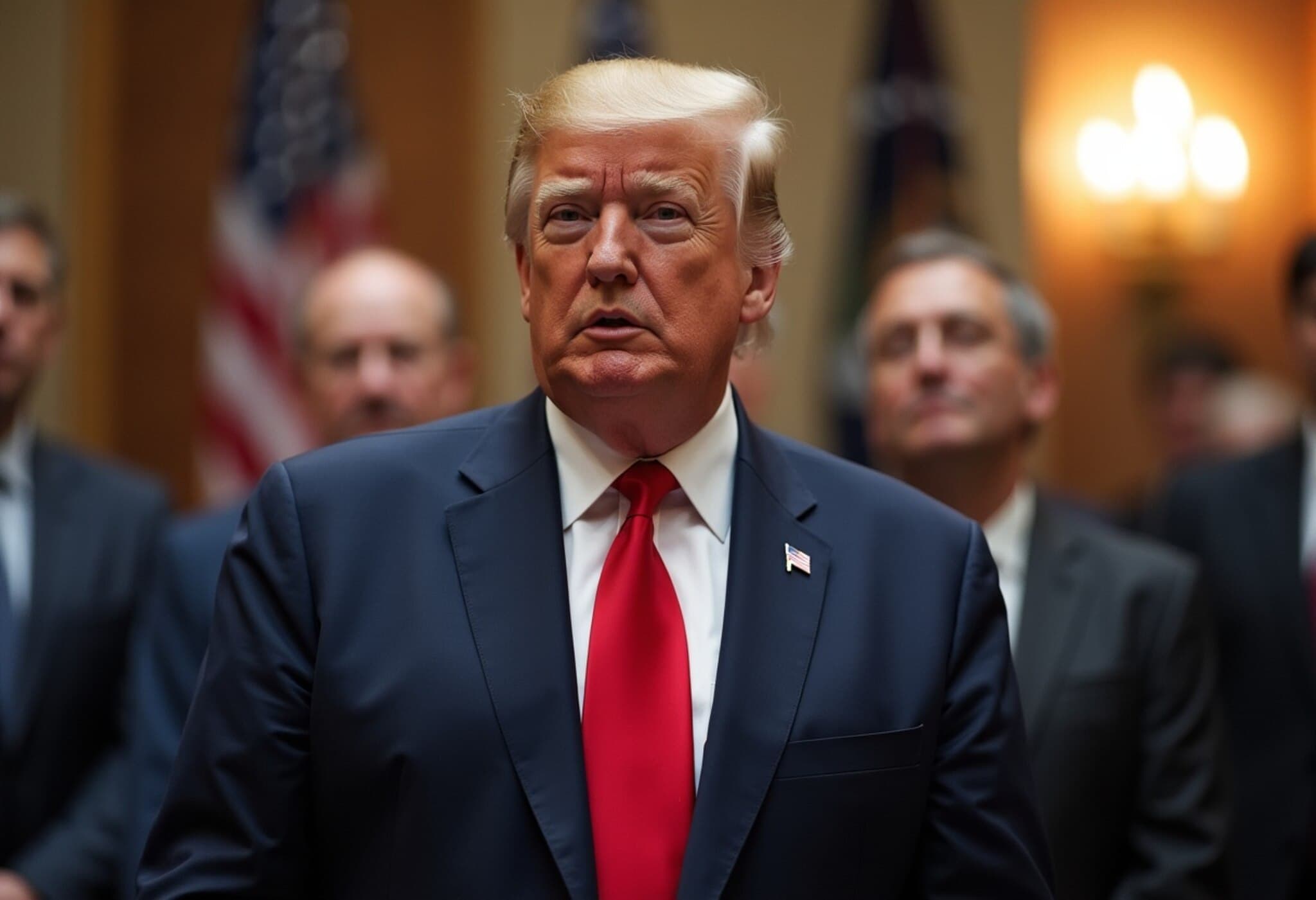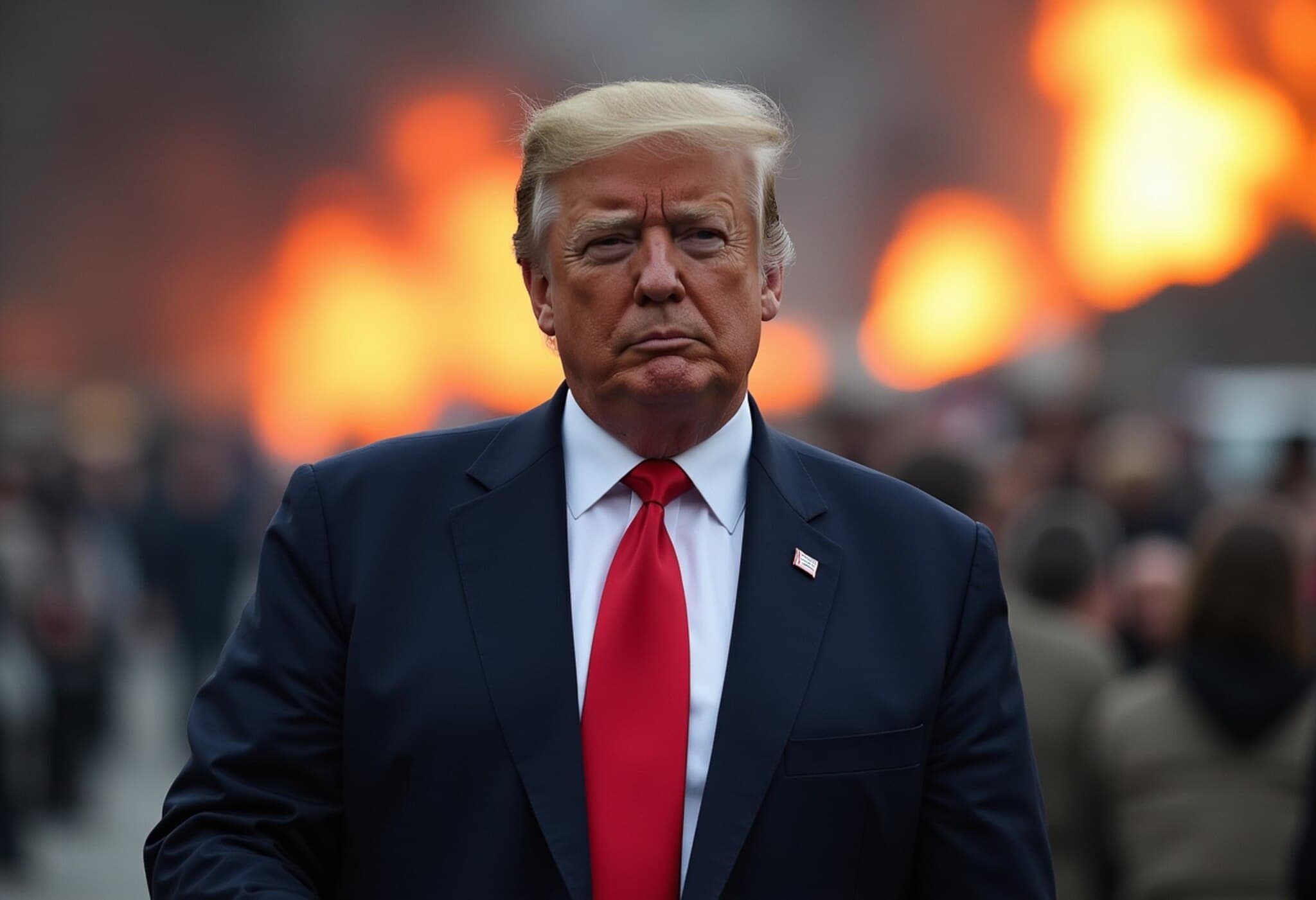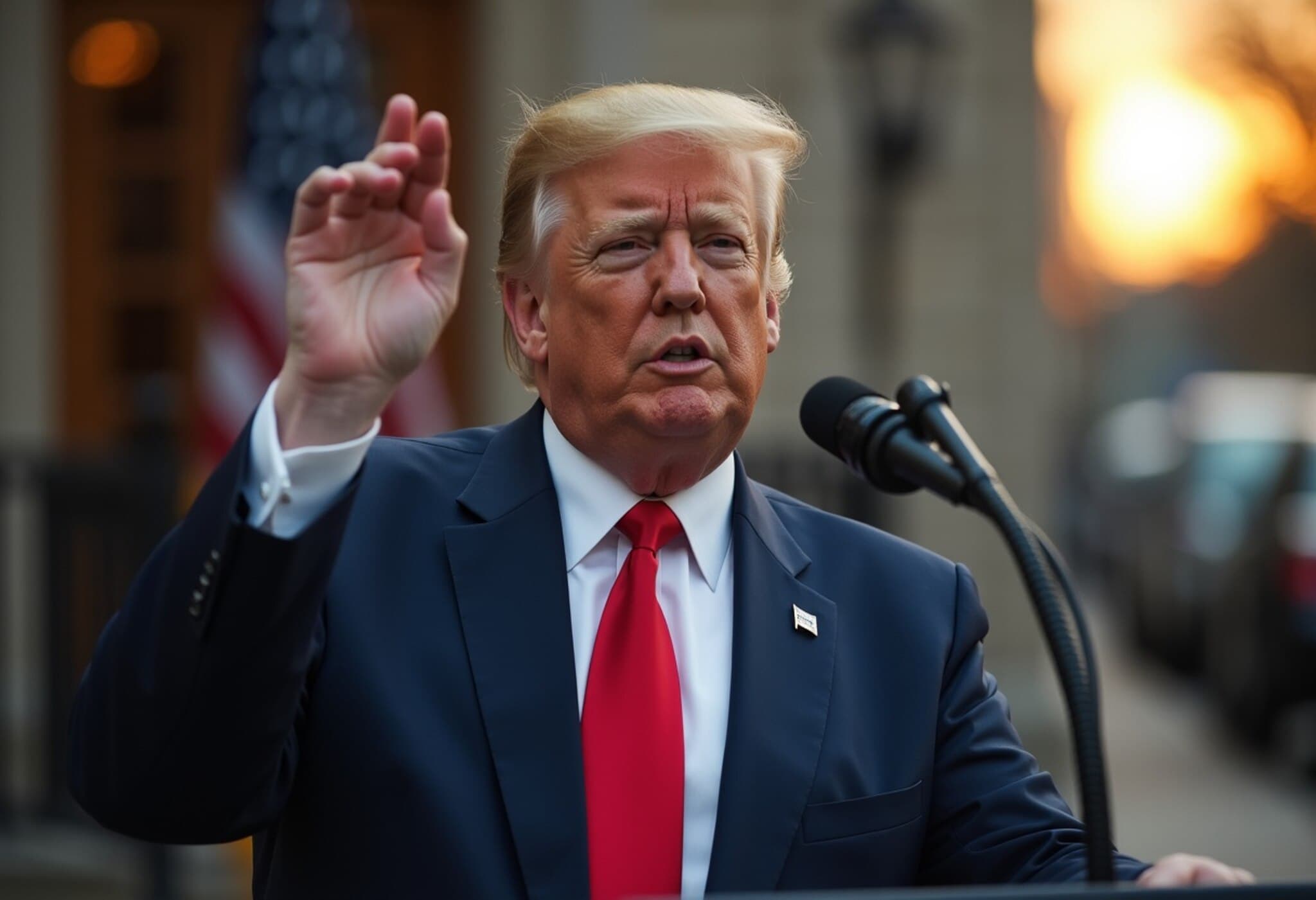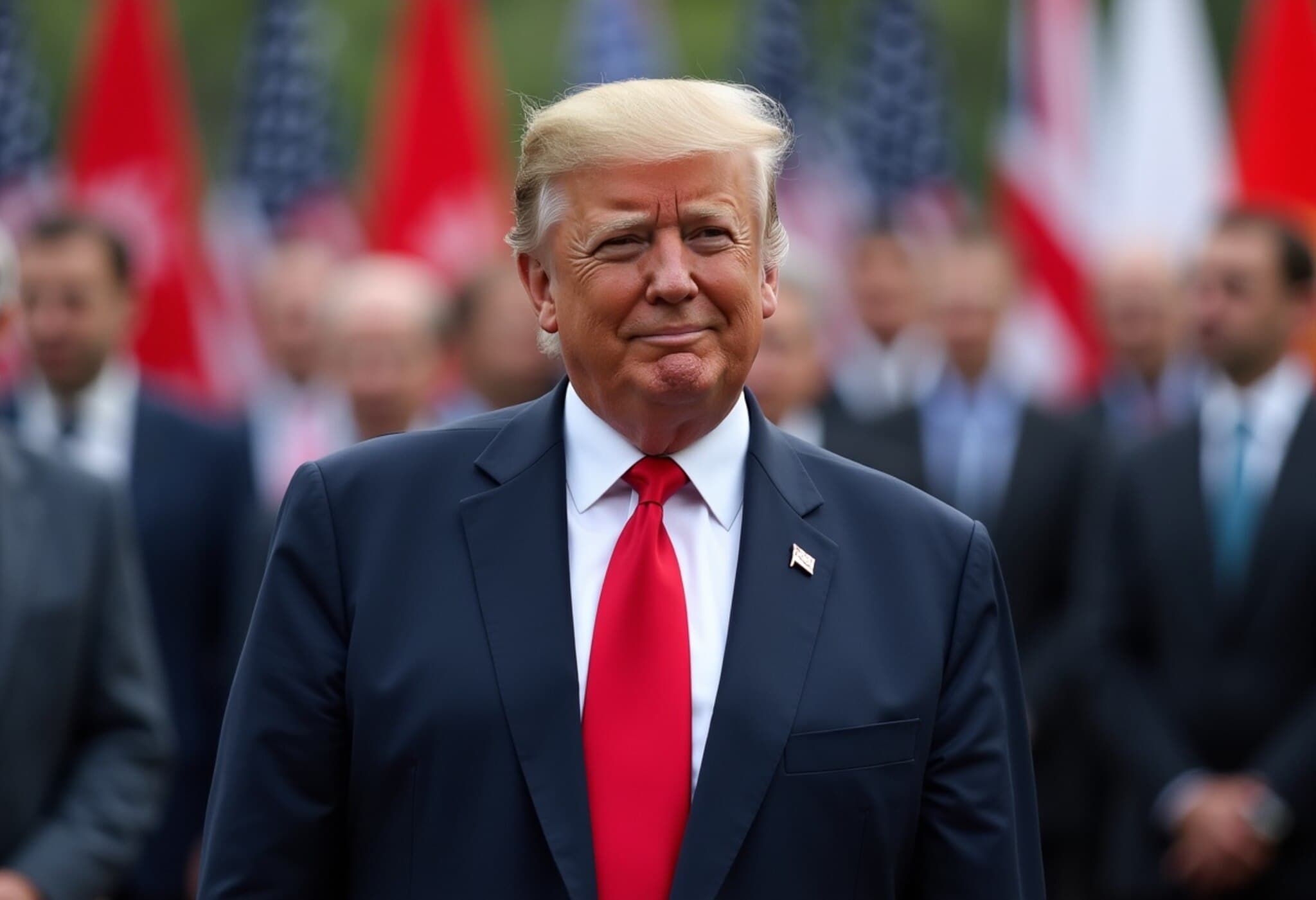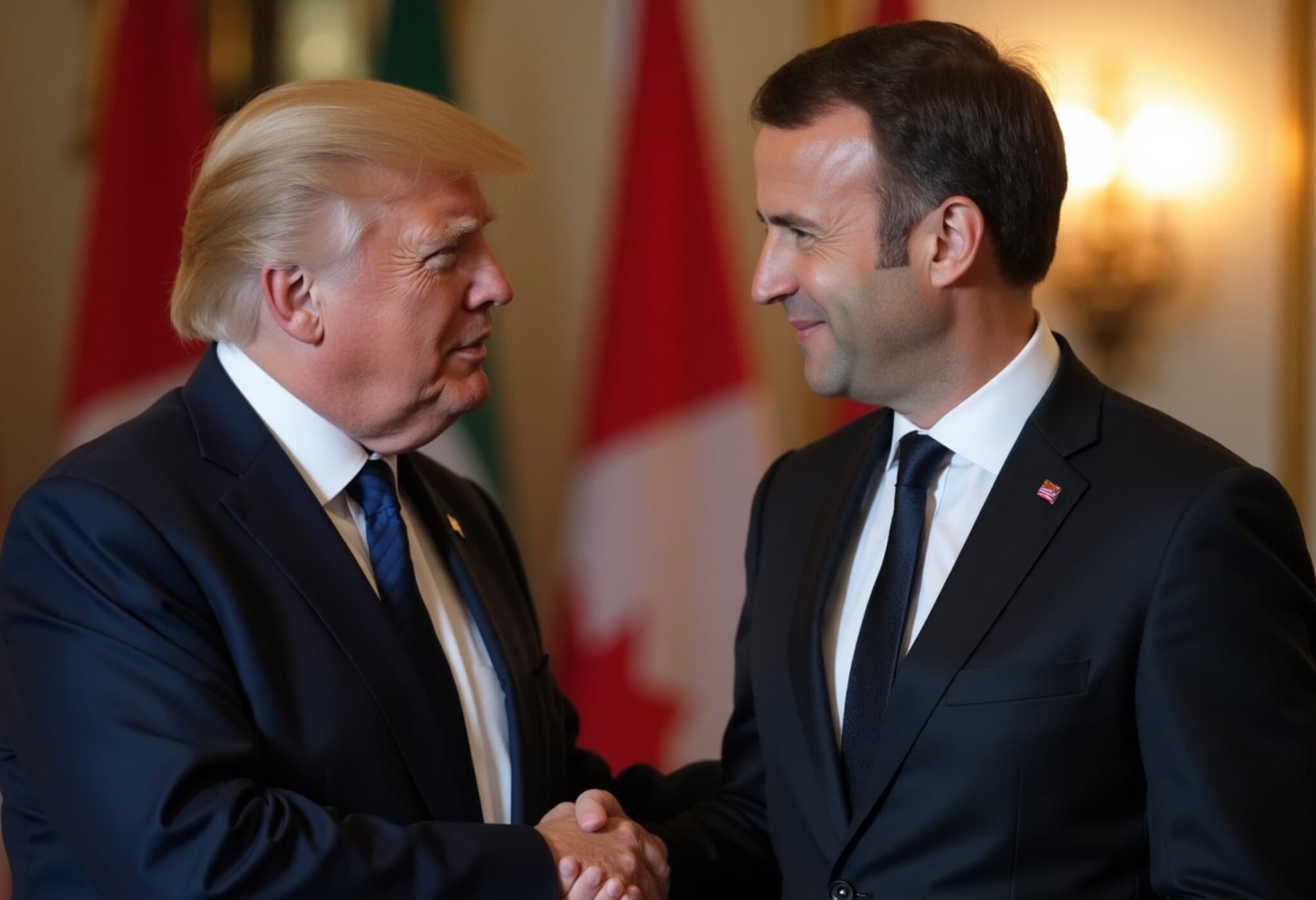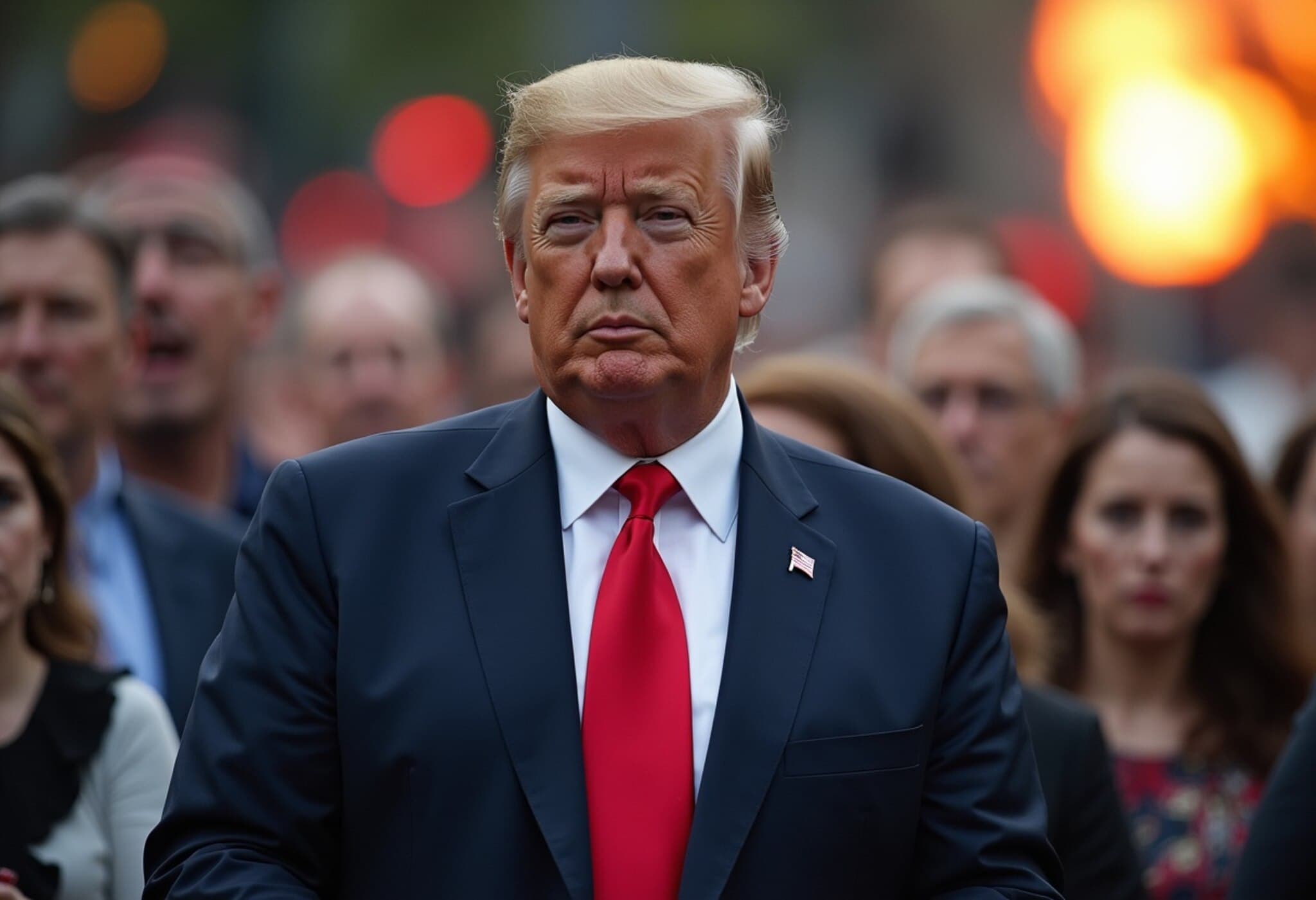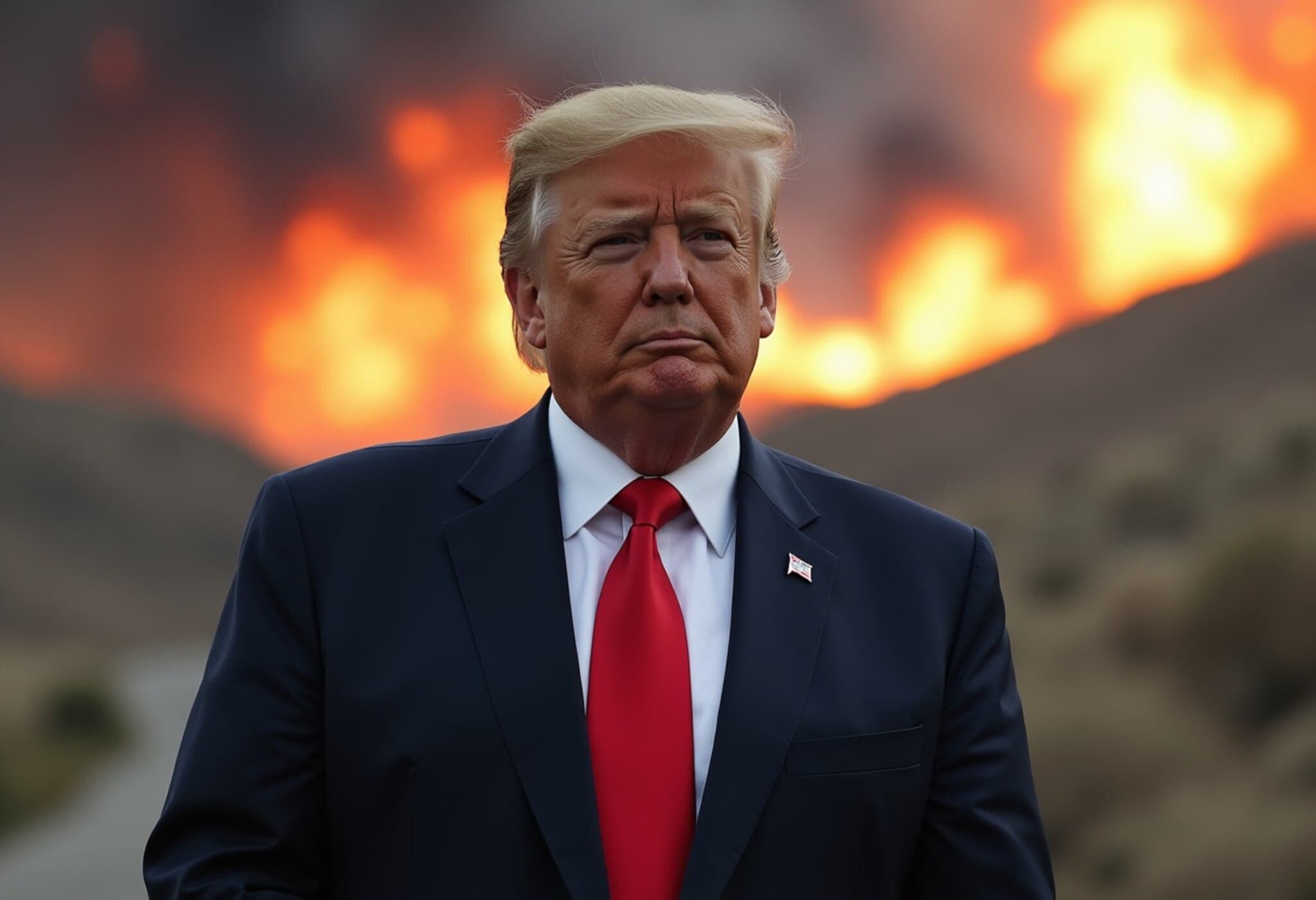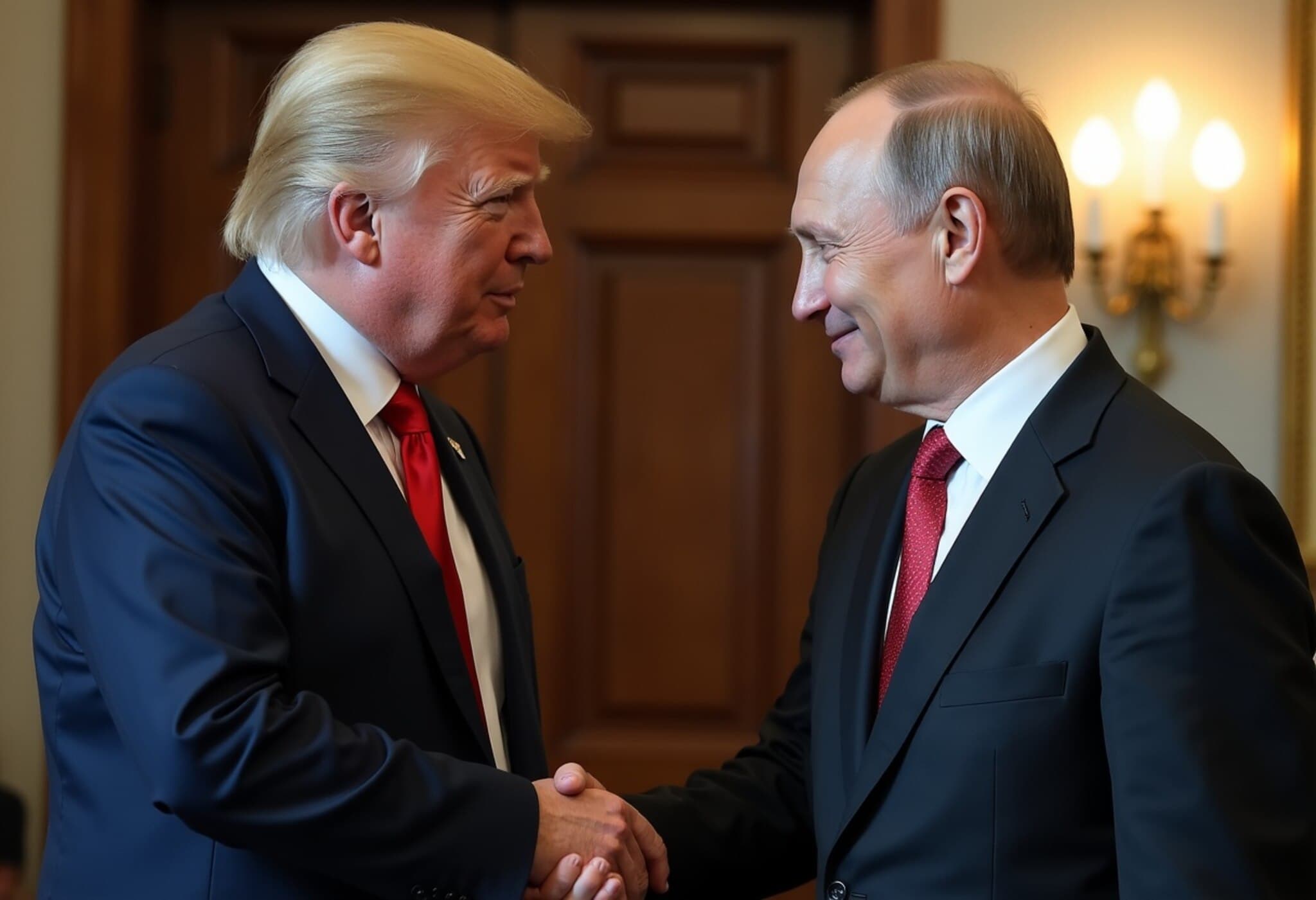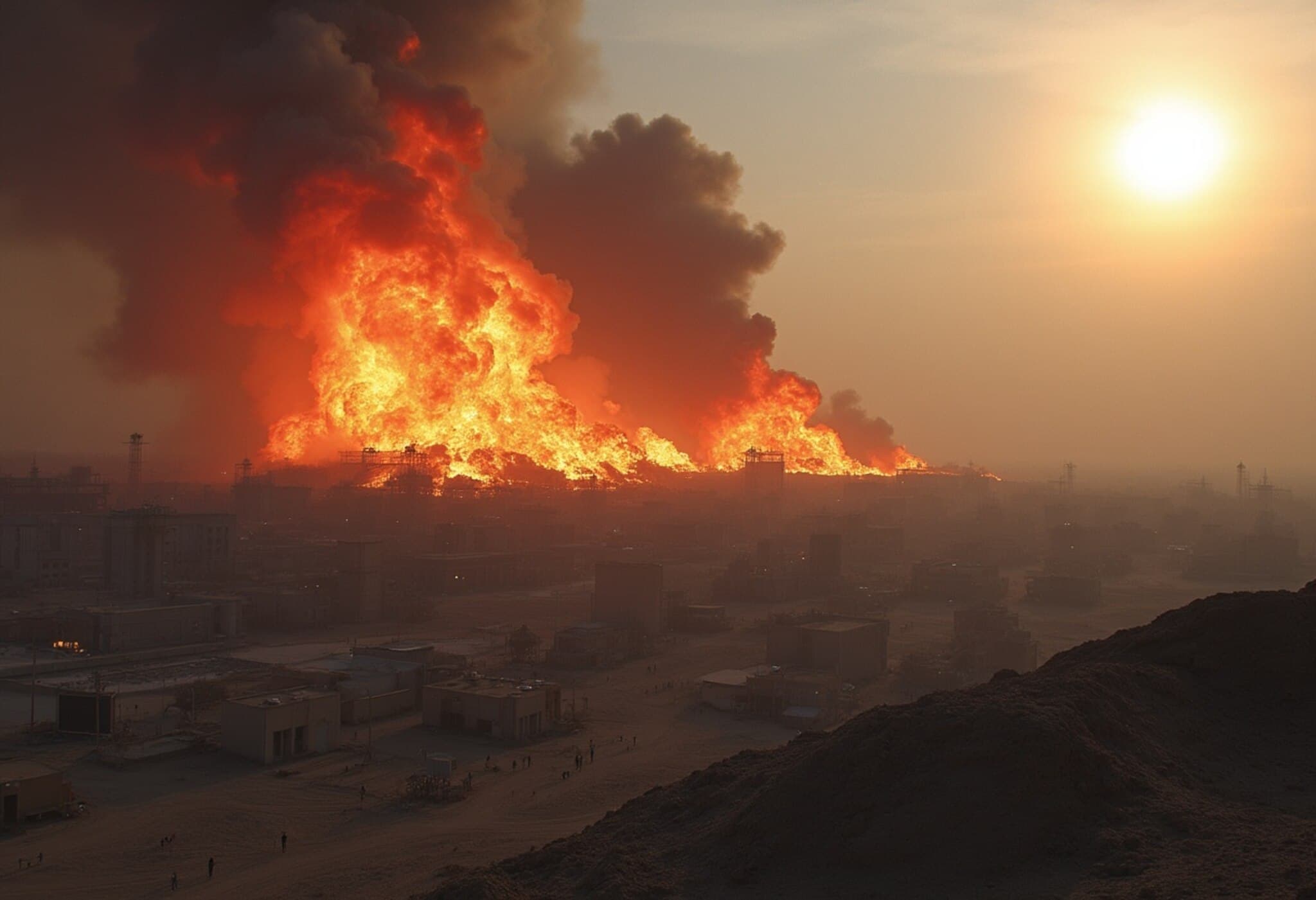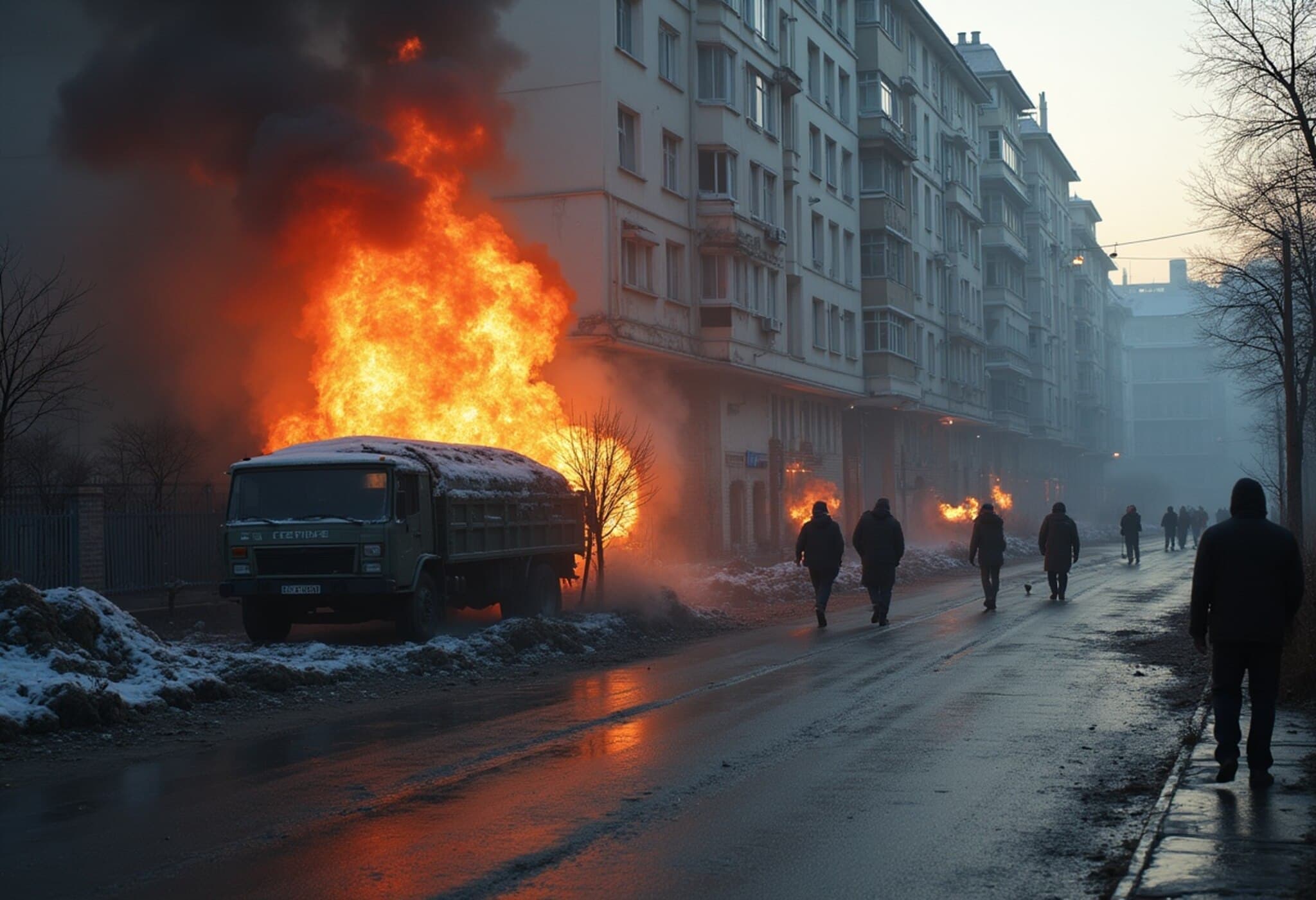Trump's Iran Strikes Spark Intense Congressional Criticism
The recent US missile strikes targeting Iranian nuclear facilities have ignited a fierce debate on Capitol Hill, with many lawmakers expressing outrage over the president's decision to act without broad congressional approval. The operation, conducted under President Trump’s directive, was reportedly communicated to top Republican leaders before execution. However, key Democratic figures were only informed once the strikes were underway, stoking concerns about transparency and constitutional protocol.
Partisan Divide Deepens Amid Questions of Constitutional Authority
Leading Democrats slammed the White House for sidestepping Congress, emphasizing the gravity of the decision and the need for legislative input. The top Democrat on the House Intelligence Committee remarked that being kept in the dark was unacceptable and labeled the lack of debate on this consequential foreign policy action as unconstitutional. These grievances have intensified partisan divides over the administration's handling of military engagement.
Calls for Legal and Congressional Oversight Intensify
Critics argue the strikes lack a clear legal foundation, pointing to an absence of formal congressional authorization as a breach of constitutional checks and balances. Senators including Mark Warner and Tim Kaine voiced concerns that the administration ignored vital intelligence assessments and the legislature’s war-declaring authority. Kaine advocated for a Senate war powers resolution to reaffirm Congress’s role in sanctioning military operations.
Some Democrats have even suggested the strikes could form grounds for impeachment, while a handful of Republicans defended the president’s prerogative as commander-in-chief. One senator underscored congressional powers to declare war or control funding but reiterated that operational command rests with the president.
On the House side, opposition voices span the spectrum, from calls to restrict ongoing Middle East engagements to proposals for measures limiting presidential military authority. This friction has led to sharp exchanges on social media between the president and dissenting lawmakers.
Vice President Emphasizes Targeted Objective, Not a Broader War
Addressing the escalating tensions, the Vice President stressed that the US is focused solely on curbing Iran's nuclear ambitions, not engaging in full-scale war with the country. He defended the administration’s constitutional support to act against the proliferation of weapons of mass destruction and dismissed criticism as misplaced.
Regional Stability and Future U.S. Military Actions at Stake
The strikes have elevated concerns over the safety of American personnel and the stability of the Middle East, particularly around the strategic Strait of Hormuz—a vital global oil transit route that Iran could potentially disrupt in retaliation.
As the dust settles, Congress is preparing for a significant confrontation over the scope of presidential war powers. Lawmakers are poised to debate and possibly vote on legislation aimed at restricting the executive branch’s ability to conduct military operations without legislative oversight.

